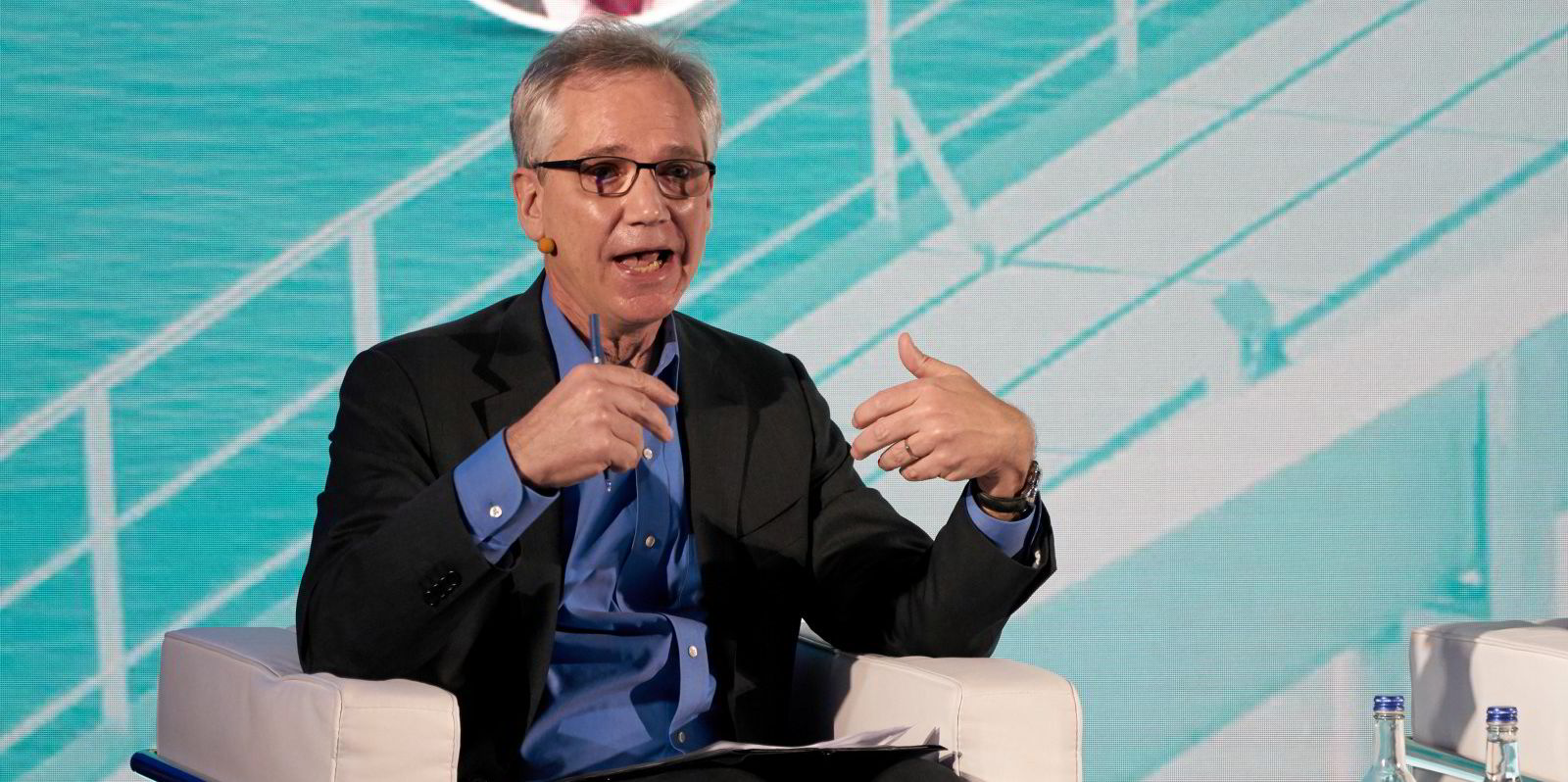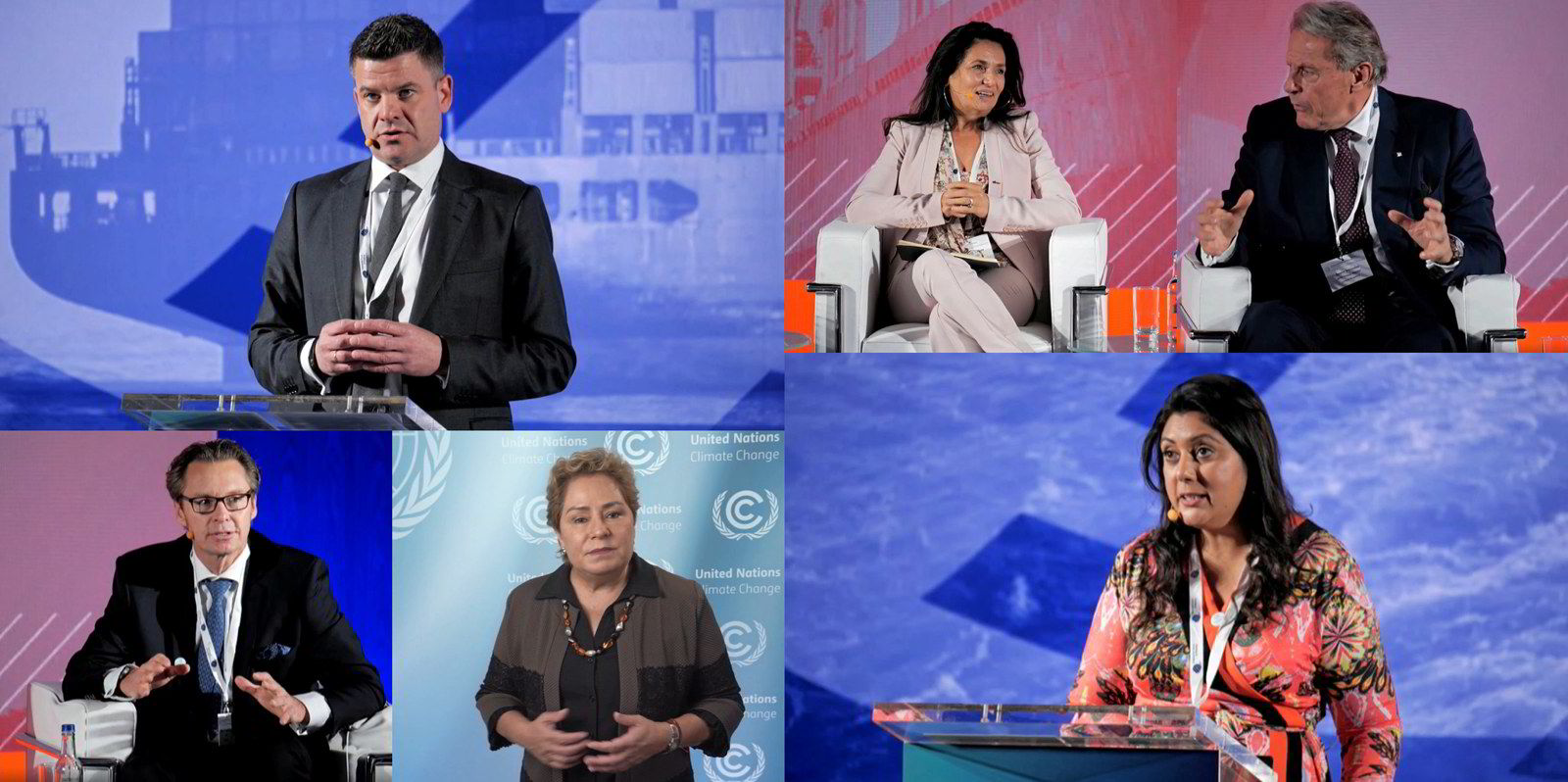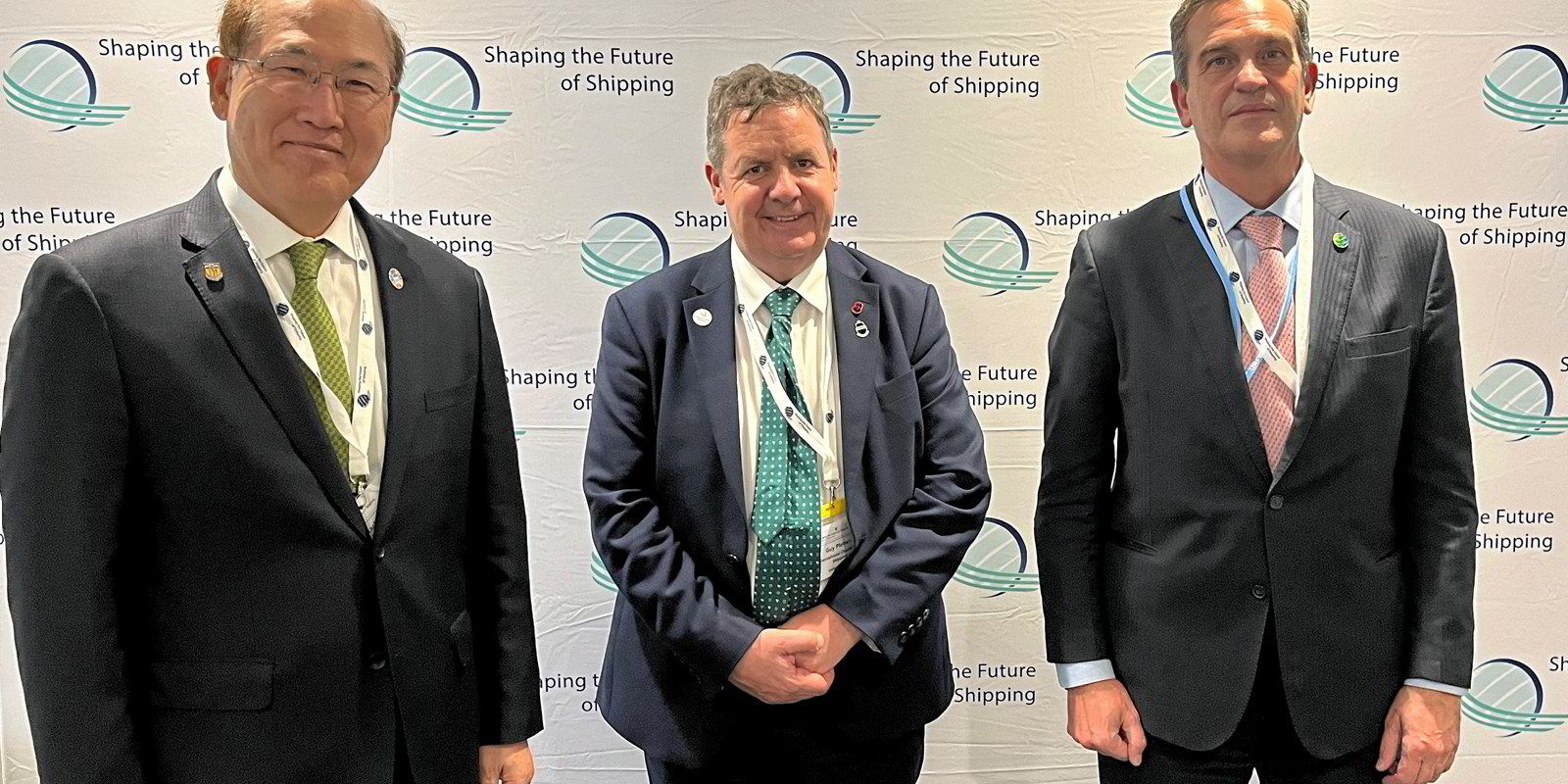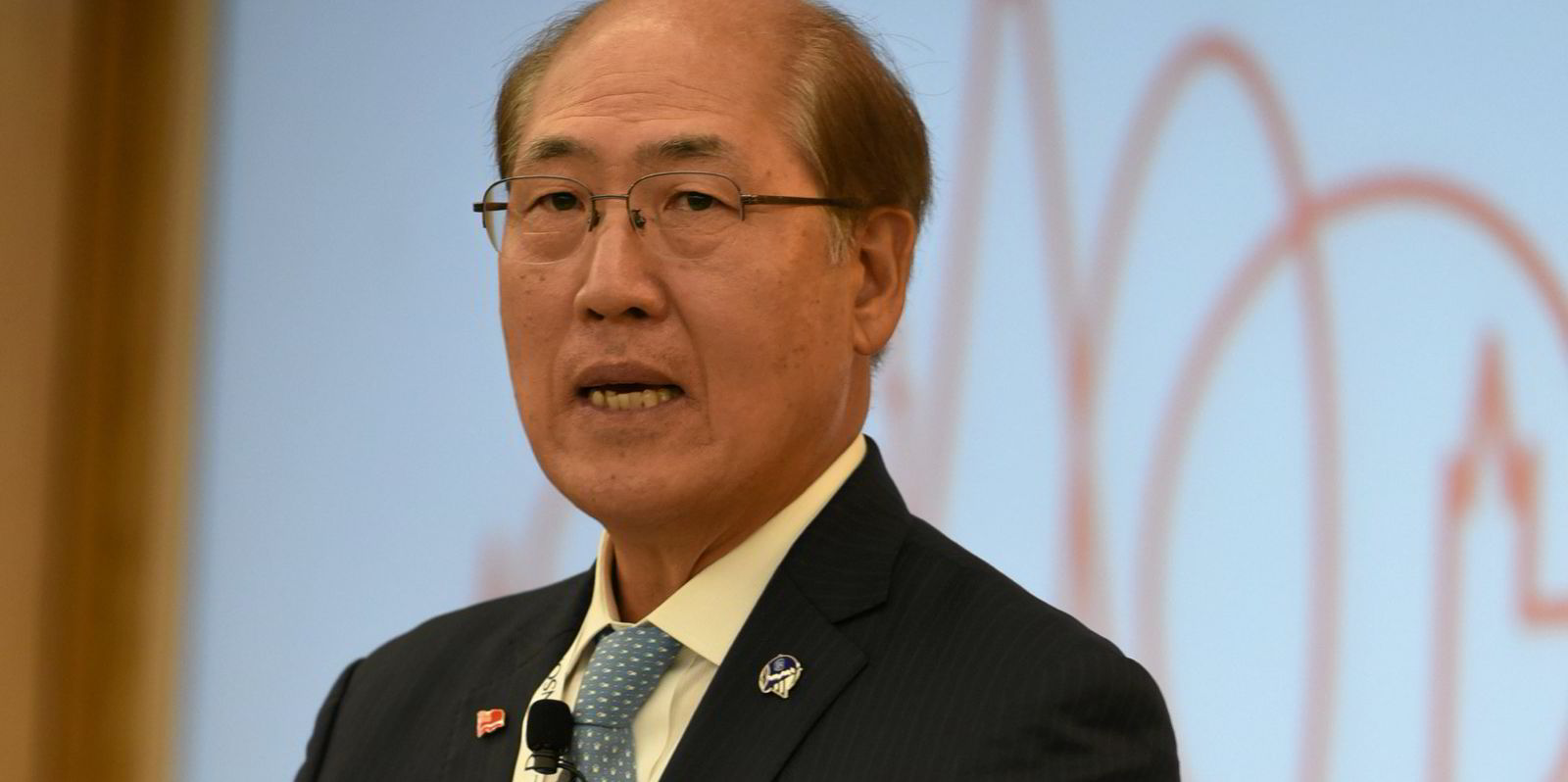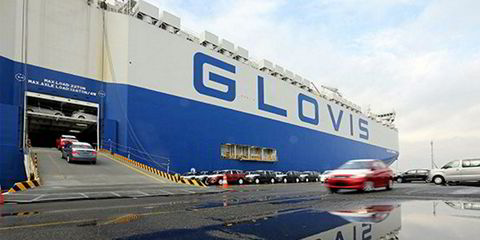The US is back, but for what?
The return of the US to the United Nations' climate-change abatement talks has injected fresh life into a process at risk of collapsing in on itself due to the distance between the calls for greater and faster action and the failure to deliver earlier promises.
And we're not just talking about former President Barak Obama's feel-good rhetorical flourishes which put UK Minister Boris Johnson's own cumbersome cliché laden comments in their place.
Andrew Light, one of Joe Biden's foot soldiers in the climate wars, made energetic interventions speaking at the International Chamber of Shipping's decarbonisation conference in Glasgow.
On the current IMO policy, he said: "It's ambitions, but it's not ambitious enough, as we won't get to net zero by 2050."
The US and Denmark launched policy last week to drive to net zero supported by a range of countries including Norway, UK, France, Germany, Sweden, Finland, Hungary, Panama, and the Marshall Islands.
As for measures of how to get there, Light, assistant secretary in the US Department of Energy and a veteran of the Paris agreement, was nothing if not open minded.
"We will look seriously at anything that will get us to the line," he said. "Do not choose the technology sector to get there."
How much that helps an industry crying out for specifics is debatable, but at least he conveys the energy and desire to get things done.
Climate wars? That's nothing compared with LNG
Depth of divisions over acceptance of LNG as a transition fuel or a fossil fuel dead end were displayed with vivid clarity in Glasgow.
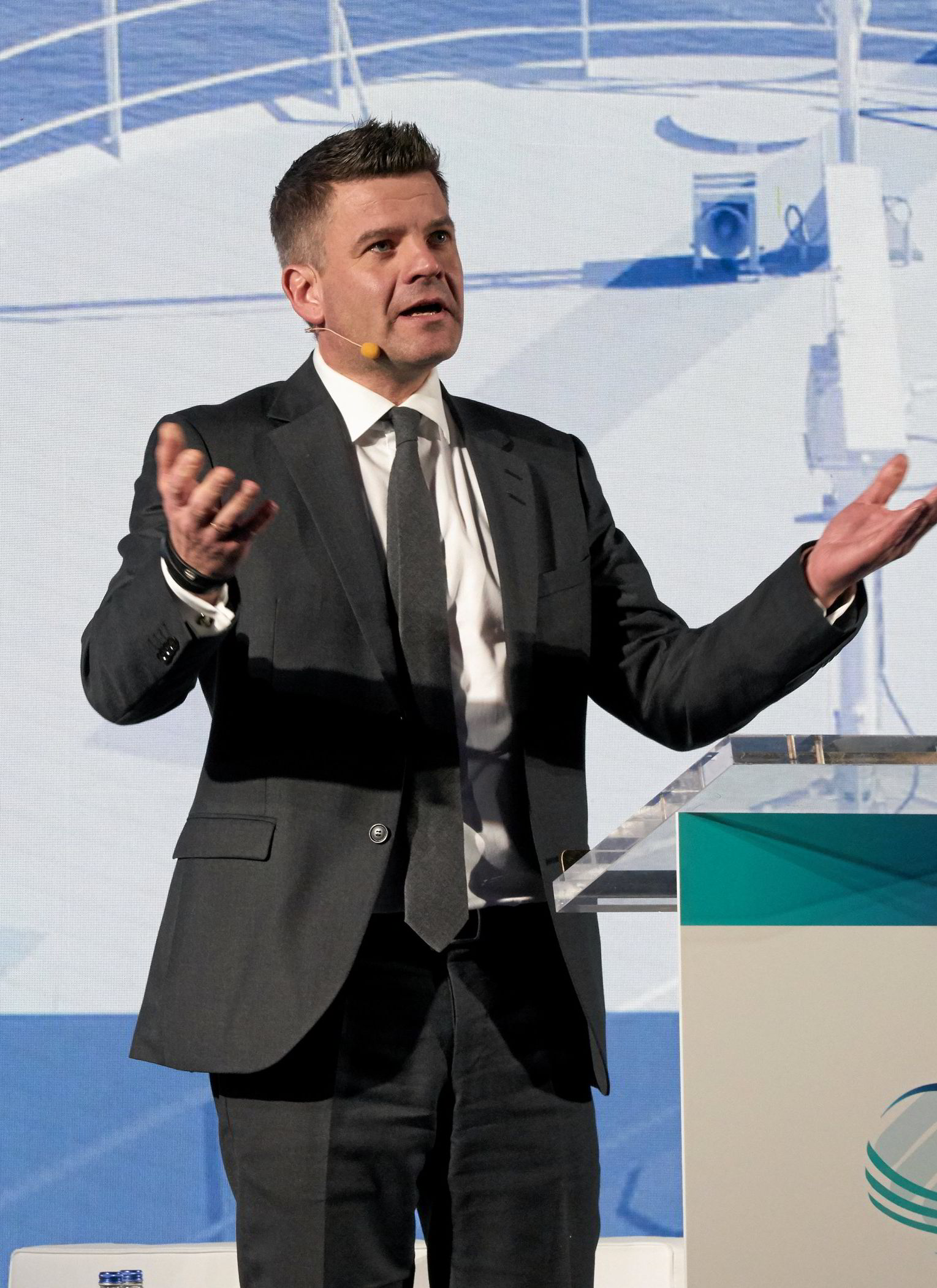
As my colleague Eric Priante Martin reported, the big guns of CMA's Christine Cabau Woehrel, NYK Line's Svein Steimler, Hapag-Lloyd's Rolf Habben Jansen and BHP's Vandita Pant had momentum arguing for LNG as a transition fuel on their panel at the ICS event.
It was left to Torvald Klaveness boss Lasse Kristoffersen alone to fight back later in the day that it was a wasteful dead end.
In the pro-LNG camp, Steimler stressed that everyone could see the gas was only a bridge, but at least it was a bridge able to used to cut emissions now. "Doing nothing today is wrong. Do not let the good be lost in the search for the best."
Kristoffersen, whose profile is rising as deputy president of the ICS, rebuffed the argument for LNG saying: "That's not the infrastructure that's going to take us to net zero."
He added: "What is the problem we are trying to solve? Are we trying to be more efficient? Or are we trying to get to net zero?"
While Kristoffersen's arguments are strong, in private his opponents talk about his lack of realism and that he lacks the understanding of being a "big" shipowner. That is a low blow, but all part of the hand-to-hand combat underway behind the scenes.
There's a distance between us
If Glasgow has reinforced one thing, it is an understanding of the cultural gulf between those inside the room negotiating — be it at COP26 or International Maritime Organization — and that cross-section of society outside protesting in the streets for more urgent and ambitious action.
An afternoon coffee break at the ICS conference in the University of Strathclyde's innovation and technology centre provided one of the starkest contrasts of the week.
Inside the room nibbling at biscuits, slurping their drinks and fiddling with their phones were the heads of billion-dollar shipping companies, oil majors, charterers and negotiators. Overwhelmingly, they were older, white and mostly male.
Meanwhile, through the net curtained large glass windows, delegates had an eye-level view of the stream of the estimated 100,000 demonstrators from around the world. They were the polar opposite: mostly young, diverse and mainly female.
Outside, I asked one of the protesters what they would say to shipping leaders: "The time for talking is over. You need to act — and act fast!"
Back in the conference, Katrin Harvey, chief operating officer of the Ban Ki-moon Centre for Global Citizens said: "A just transition has everyone of board and leaves no one behind. Not just us here, [who are] mainly white and mainly male.
"People are saying don't destroy our world, just to make money."

Sturla Henriksen, shipping advisor to the UN Global Compact, former head of the Norwegian Shipowners Association, agreed acknowledging his gender, race and age: "Looking around, we are not the future."
Show us the money
While the debate in the shipping community constantly flip-flops between arguments over carbon targets and technologies, the bigger question for many governments is quite different. It is who pays?
But, against preconceptions, it is not the world's poorest countries who feel most exposed and are most demanding of support from the developed world to mitigate climate-change impacts and infrastructure investments.
Instead, it is those countries whose income is built on exports and trading but remain economically fragile. Countries such as Argentina, South Africa and Indonesia are among those clearly deeply concerned about the potential cost and loss of competitiveness, and speak assertively of their fears.
But there are some who see opportunity. Juan Carlos Jobet, Chile's minister of mines and energy, said the country had an ambitious strategy to use its natural resources to become a major player in the renewable-energy market over the next 20 years.
Even the US sees the opportunity. "Fundamentally, climate action is job creation in every single sector," Andrew Light said.
A pragmatic view was shared by Adair Turner, head of the Energy Transitions Commission: "Shipping costs such a small portion of the total overall, we might just have to accept that cost."
Yet with the rich world still failing to deliver on the promise made in 2009 to give $100bn a year in climate funding to developing countries, their scepticism is unlikely to fade.
